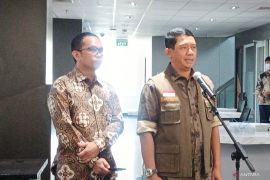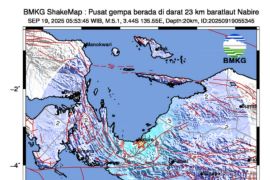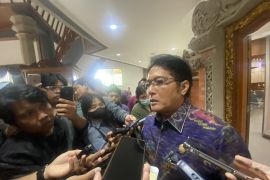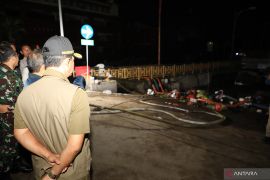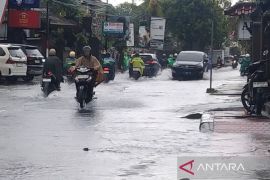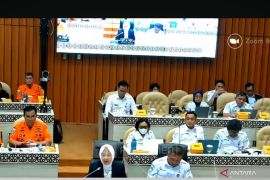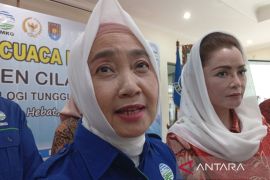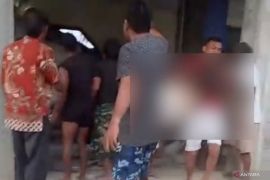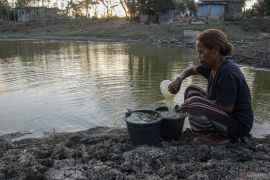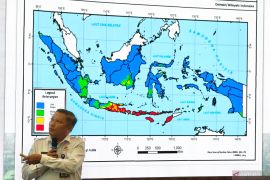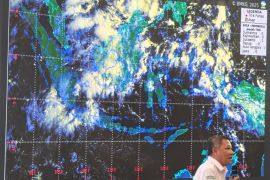"We will integrate the entire observation system, through radar and satellites, either nationally, regionally, and globally. We will start from Southeast Asia. With this reinforcement, Indonesia can anticipate tropical cyclones quickly," Head of BMKG Andi Eka Sakya stated on the sidelines of a joint workshop WMO Integrated Global Observation System (WIGOS) for Disaster Risk Reduction here on Monday.
According to Sakya, the cooperation will be preceded by an increase in the exchange of information regarding the climate and weather among the ASEAN countries. The database is intended to strengthen disaster risk reduction in Southeast Asian countries.
"We have exchanged information on temperature, solar radiation, wind speed, air pressure, humidity, and rainfall. Now, we need information on satellite and radar imagery data regarding the movement of clouds in the region, "he revealed.
Furthermore, he pointed out that radar and satellites were used to support disaster risk mitigation efforts.
Sakya noted that the workshop will help to build an understanding on the need for data and observation in Southeast Asia characterized by a strong convective region. A convective region is usually characterized by temperature changes, which have a major role in creating a tropical cyclone.
"With the same climatic characteristics, Southeast Asian countries face similar hydrometeorological disasters, such as floods, hurricanes, tropical storms, droughts, or El Nino," he pointed out.
"With the WIGOS, we can exchange information between countries in the region," he affirmed.
He said that the exchange of information on the weather and climate in Southeast Asia should be conducted intensively.
However, the countries should agree on the policies relating to the exchange of information.
"The WIGOS is a tool, but it had yet to discuss the rules. There are several matters that need to be agreed," he added.(*)
Editor: Heru Purwanto
Copyright © ANTARA 2015
